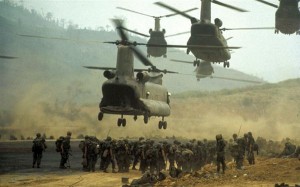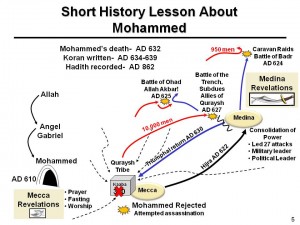

Chuck Spinney: a tribute to Gorbachev and and perhaps an example for Barack Obama?????
Day That Shook the World
In 1975, physicist Andrei Sakharov and a group of fellow Soviet academicians warned the Kremlin leadership that unless the nation’s ruinous defense spending was slashed and funds refocused on modernizing the nation’s decrepit, obsolete industrial base and its wretched state agriculture, the Soviet Union would collapse by 1990.
Their grim warning was prescient. Twenty years ago this week – 9 November, 1989 – boisterous German crowds forced open the hated Berlin Wall, Communist East Germany collapsed in black farce, and the once mighty Soviet Empire began to crumble.
This was one of modern history’s most dramatic and dangerous moments. No one knew if the dying Soviet Union would expire peacefully, or ignite World War III.
In November, 1989, the vast empire built by Stalin that stretched from East Berlin to Vladivostok was on its last legs. The USSR had 50,000 battle tanks and 30,000 nuclear warheads, but could not feed its people. Military spending consumed 20% of the economy. As I saw for myself while traveling around the Soviet Union in the late 1980’s, conditions were often primitive, even third world outside the big cities.






